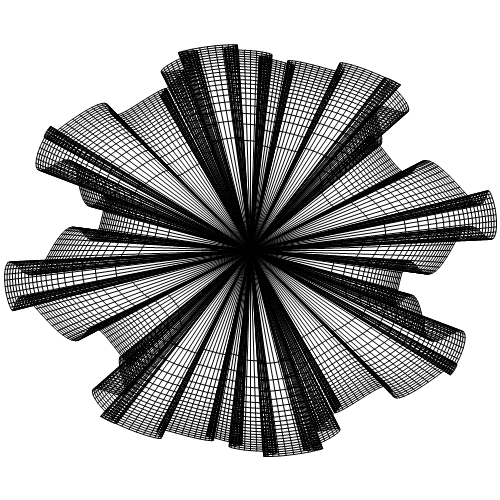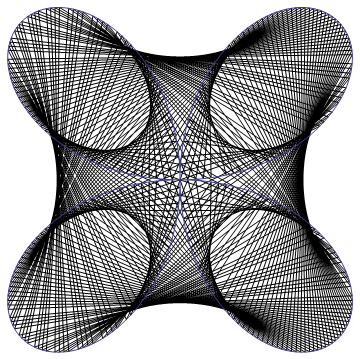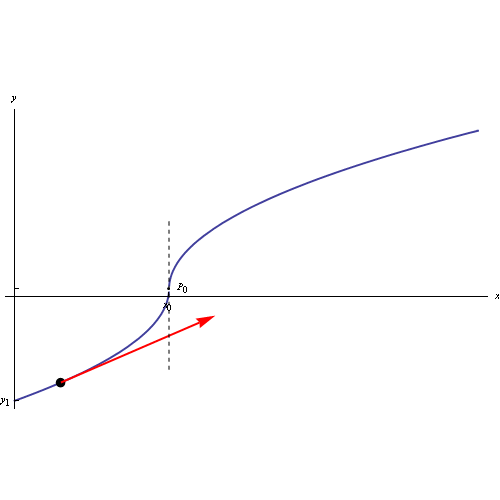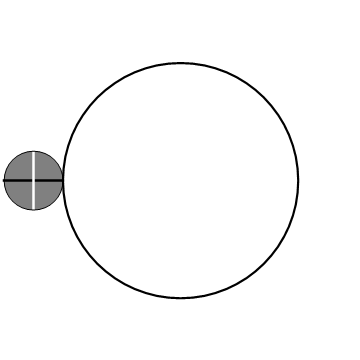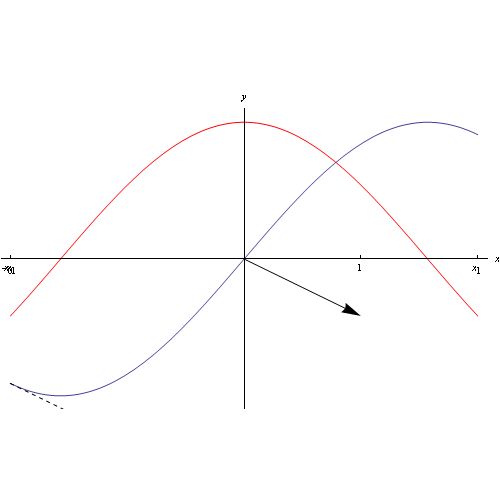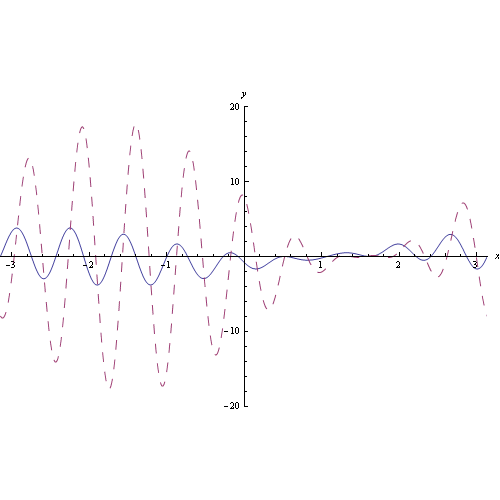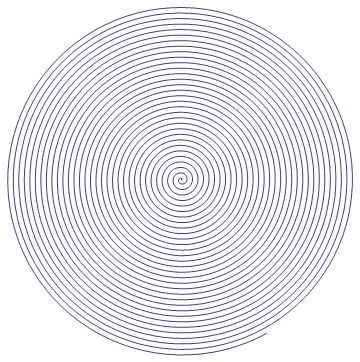Il collasso della funzione d'onda secondo Roger Penrose
venerdì, Ottobre 30th, 2020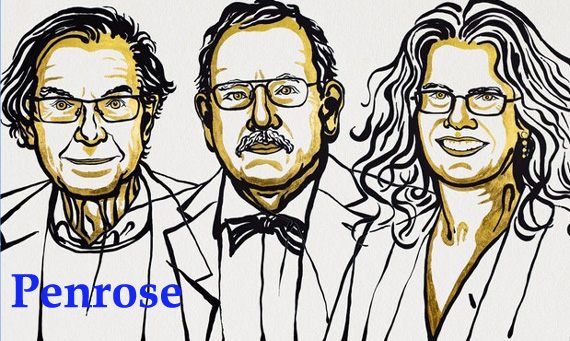
For Roger Penrose the collapse of the wave function of a quantum mechanical system is an effect of quantum gravity. In this way, the eminent physicist (recently awarded the Nobel prize) takes the side of those physicists who hope for a "return" of determinism (albeit in a completely unexpected way).
However by his own admission, Penrose did not develop a self-consistent theory for his interesting conjecture. It follows that the famous paradox of measurement remains unsolved, as well as the role played by the "consciousness" of the experimenter. Problem already highlighted in the 30s of the last century by the famous mathematician Von Neumann, who exploiting the linearity of the Schrödinger equation demonstrated that the quantum superposition is inevitably "transferred" to the measuring apparatus. The introduction of a second apparatus not only does not resolve the aforementioned superimposition, but simply creates another one and so on, ad infinitum... In crude but effective terms, we can assert that a measuring instrument not being able to "reading oneself", needs a "conscious" observer (human, animal[1], artificial, alien).
For the foregoing, Penrose solves the problem by conjecturing quantum-gravitational effects. And it is clear that in this new paradigm the Schrödinger equation will have to be modified by introducing a term of a quantum-gravitational nature (which in the classical limit tends to a potential of the Newtonian type), losing its linearity so that the quantum superposition cannot transfer to the measuring instrument.
Otherwise, is it possible to conjecture the existence of an intrinsic introspective capacity "inside" the nerve cells (neurons) of a living organism? Such a capability would solve the thorny problem of wave function collapse in one fell swoop. One could invoke the Maturana-Varela autopoiesis paradigm. As established in the aforementioned link, the organizational closure that characterizes any cell (therefore also neurons) is mathematically achieved through the concept of recursion and "iterated function systems". And what is recursion if not the ability to "recall oneself" (in metaphorical terms)?
[1] except for Schrödinger's cat paradox, where the feline plays the role of a measuring apparatus devoid of introspective capacity.
Per Roger Penrose il collasso della funzione d'onda di un sistema quanto-meccanico è un effetto di quantum gravity. In tal modo, l'eminente fisico (recentemente insignito del premio nobel) si schiera dalla parte di quei fisici che sperano in un "ritorno" del determinismo (anche se in una modalità del tutto inaspettata).
Tuttavia per sua stessa ammissione, Penrose non ha elaborato una teoria autoconsistente per la sua interessante congettura. Ne consegue che il celebre paradosso della misura rimane insoluto, come anche il ruolo svolto dalla "coscienza" dello sperimentatore. Problema già evidenziato negli anni 30 del secolo scorso dal famoso matematico Von Neumann, il quale sfruttando la linearità dell'equazione di Schrödinger dimostrò che la sovrapposizione quantica si "trasferisce" inevitabilmente all'apparato di misura. L'introduzione di un secondo apparato non solo non risolve la predetta sovrapposizione, ma semplicemente ne crea un'altra e così via, all'infinito... In termini rozzi ma efficaci, possiamo asserire che uno strumento di misura non essendo in grado di "leggere sé stesso", necessita di un osservatore "cosciente" (umano, animale[1], artificiale, alieno).
Per quanto precede, Penrose risolve il problema congetturando effetti di natura quanto-gravitazionale. Ed è chiaro che in questo nuovo paradigma l'equazione di Schrödinger dovrà essere modificata introducendo un termine di natura quanto-gravitazionale (che nel limite classico tende a un potenziale di tipo newtoniano), perdendo la propria linearità per cui la sovrapposizione quantica non può trasferirsi allo strumento di misura.
(altro…)

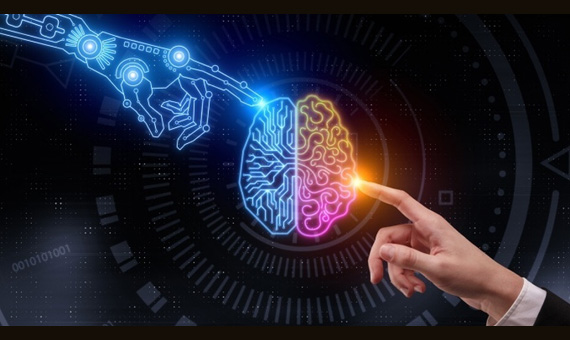


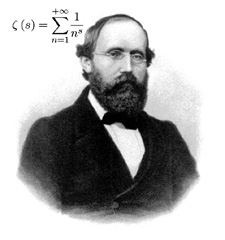 Congettura di Riemann
Congettura di Riemann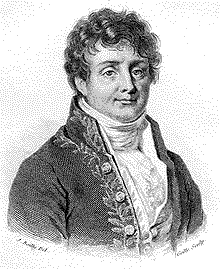 Trasformata discreta di Fourier
Trasformata discreta di Fourier
 Trasformata di Fourier nel senso delle distribuzioni
Trasformata di Fourier nel senso delle distribuzioni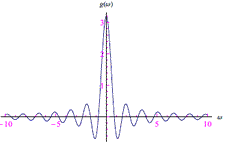 Trasformata di Fourier
Trasformata di Fourier  Infinitesimi ed infiniti
Infinitesimi ed infiniti Limiti notevoli
Limiti notevoli Punti di discontinuità
Punti di discontinuità Misura di Peano Jordan
Misura di Peano Jordan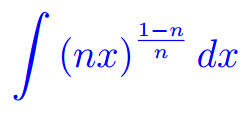 Eserciziario sugli integrali
Eserciziario sugli integrali Differenziabilità
Differenziabilità 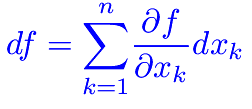 Differenziabilità (2)
Differenziabilità (2) Esercizi sui limiti
Esercizi sui limiti Appunti sulle derivate
Appunti sulle derivate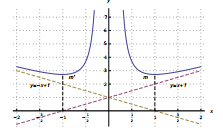 Studio della funzione
Studio della funzione Esercizi sugli integrali indefiniti
Esercizi sugli integrali indefiniti Algebra lineare
Algebra lineare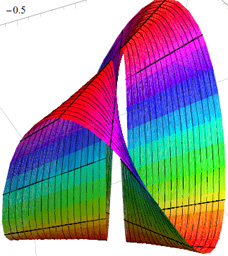 Analisi Matematica 2
Analisi Matematica 2 Analisi funzionale
Analisi funzionale Entanglement quantistico
Entanglement quantistico Spazio complesso
Spazio complesso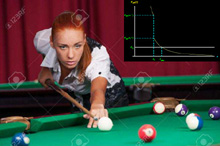 Biliardo di Novikov
Biliardo di Novikov Intro alla Meccanica quantistica
Intro alla Meccanica quantistica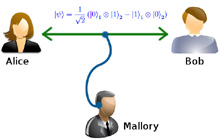 Entanglement Quantistico
Entanglement Quantistico